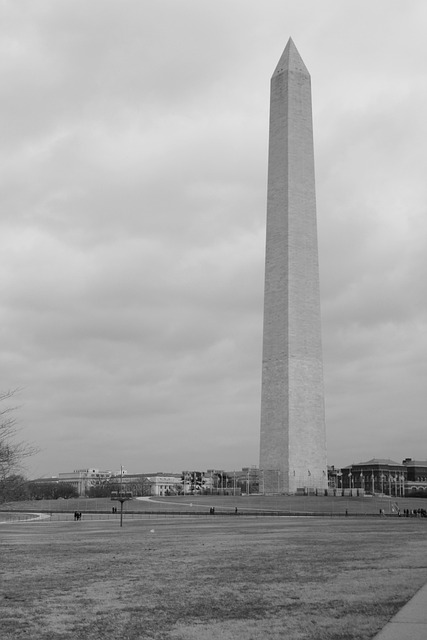The Telephone Consumer Protection Act (TCPA) is crucial in protecting DC residents from unwanted spam calls as the city transitions to smart public transportation. A TCPA Lawyer DC or Spam Call Attorney in DC is essential for transit authorities and tech providers to navigate legal complexities, ensure consumer privacy, and comply with federal guidelines, thereby fostering efficient transport without infringing on rights. Engaging reputable local legal experts like a TCPA Lawyer Dac, TCPA Attorney DC, Spam Call law firm District of Columbia, or Spam call lawyers District of Columbia is vital for compliance and avoiding litigation in this tech-driven environment.
“As the District of Columbia embraces smart public transportation systems, it’s crucial to understand the potential risks associated with the Telephone Consumer Protection Act (TCPA). This legislation protects consumers from unsolicited calls and messages, including those originating from automated systems. With the rise of tech-driven transit in DC, navigating TCPA regulations is essential for operators and developers alike. This article explores the legal landscape, offering insights into how to mitigate risks and ensure compliant smart transport solutions, with expert advice from top TCPA lawyers and attorneys in the District.”
Understanding TCPA and Its Relevance to D.C.'s Smart Transit Systems
The Telephone Consumer Protection Act (TCPA) is a federal law designed to protect consumers from unwanted phone calls and text messages, ensuring their privacy and peace of mind. For the District of Columbia’s (D.C.) rapidly evolving smart public transportation system, understanding and adhering to TCPA regulations is crucial. As D.C. integrates advanced technologies into its transit infrastructure, including automated communication systems for real-time updates and service alerts, the potential risks associated with TCPA violations become increasingly significant.
TCPA Lawyer DC or a Spam Call Attorney in DC plays a vital role in guiding transportation authorities and technology providers to navigate these legal waters. With strict penalties for non-compliance, it’s essential for D.C.’s smart transit initiatives to respect consumer rights under the TCPA, ensuring that communication efforts do not amount to spam calls or unwanted messaging. Legal experts in this field can help implement best practices, ensuring that the city’s transport systems adhere to federal guidelines and protect residents from intrusive communications while promoting efficient and effective public transportation.
Navigating Legal Risks: Spam Calls and Public Transportation in DC
Navigating Legal Risks: Spam Calls and Public Transportation in DC
In the bustling metropolis of Washington D.C., smart public transportation initiatives are revolutionizing urban mobility. However, as technology advances, so do potential legal risks, particularly regarding consumer protection laws like the TCPA (Telephone Consumer Protection Act). DC’s diverse and fast-paced environment makes it a complex landscape for businesses to navigate, especially when it comes to spam calls. A single misstep could result in costly litigation, with individuals and companies facing significant financial penalties.
With a high concentration of government agencies, think tanks, and international embassies, the District of Columbia is a hub for communication and technology. This dense network creates an environment where unauthorized automated phone calls can easily be mistaken for legitimate communications. Engaging the services of a TCPA lawyer in DC or retaining a skilled TCPA attorney becomes crucial to ensure compliance with local spam call laws. A reputable spam call law firm in District of Columbia can offer guidance tailored to this unique urban setting, helping businesses mitigate risks and avoid legal pitfalls as they innovate in the public transportation sector.
Protecting Passengers: Strategies for Compliant Smart Transport in the District of Columbia
In the bustling metropolis of the District of Columbia, smart public transportation offers immense benefits, but it also presents challenges under the Telephone Consumer Protection Act (TCPA). Protecting passengers’ privacy and preventing unwanted spam calls is paramount for compliance. DC’s transit authorities must implement robust data security measures to safeguard passenger information from unauthorized access or misuse. This includes encrypting data transmission, using secure cloud storage, and regularly auditing systems to identify and patch vulnerabilities.
Moreover, employing automated communication technologies should adhere strictly to TCPA regulations. Transit operators should establish clear opt-in mechanisms for marketing communications, ensuring passengers explicitly consent to receive calls or texts related to services. Regular training for staff on TCPA compliance and the use of approved call scripts can help avoid violations. Engaging a reputable TCPA lawyer in DC or consulting with spam call law firms in the District of Columbia is also strategic, providing expert guidance tailored to local regulations and minimizing the risk of costly legal repercussions.






